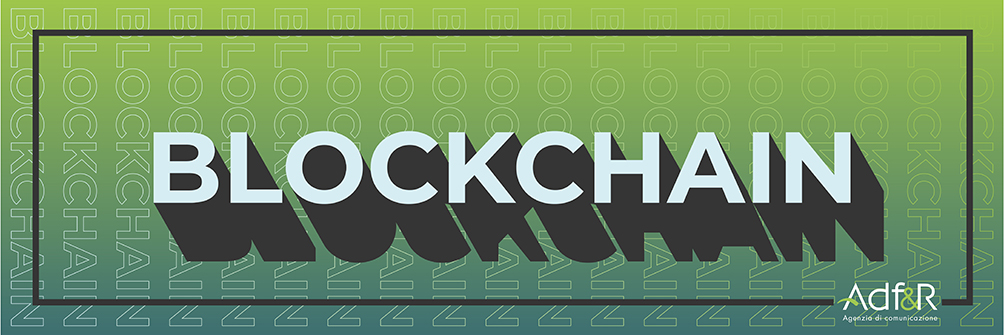
Blockchain
The terms Blockchain is increasingly common in the innovation environment and often represents the technological model theater of many applications that we have probably already been using all these years, although without being aware of it.
We have all heard of Blockchain, but do we know what the applications of this technology are? Well, they are countless and are part of our daily lives.
In the context of Industry 4.0 for example, its use is extremely cross-cutting: it is used in supply chain management, in regulating contracts with suppliers and in tracking goods. In fact, blockchain is part of the digital transformation and technology transfer dynamics that companies are facing, helping to innovate processes through self-controlled and autonomous systems that can optimize the time, cost and quality of factory operations.
The inclination to optimize services, makes blockchain a very interesting tool for healthcare. This is the case with direct payment for services, which can be automated and customized for each user enrolled in the system, streamlining the necessary authentication procedures to dedicated platforms. Moreover, thanks to this technology, physicians can directly certify communications between the various IoT devices they are called upon to interact with, making any diagnostic procedure transparent. This, for example, reduces the risk of manipulation of medical records.
Blockchain, also makes an important contribution in the food and retail sectors, going to ensure the traceability of products. Suffice it to say that large-scale retail chains such as Walmart and Carrefour, have chosen to focus precisely on Blockchain to ensure rapid traceability of food: knowing where food comes from and what paths it takes before it ends up on the shelves. A useful element for merchants, but especially for customers.
It is precisely the element of traceability that has allowed this technology to find application in the retail world where, in addition to ensuring security and reliability in the supply chain of goods, it supports certificates of authenticity for the purpose of tracking and excluding any stolen goods from the market. This makes individual products unique through a code recorded in the blockchain.
These are just some of the possible applications of blockchain, a technology that is spreading to every sector. In fact, we also find it in finance, administration, art, collecting, etc.
And do you know of any others?
Leggi di più:
Blockchain
The terms Blockchain is increasingly common in the innovation environment and often represents the technological model theater of many applications that we have probably already been using all these years, although without being aware of it.
We have all heard of Blockchain, but do we know what the applications of this technology are? Well, they are countless and are part of our daily lives.
In the context of Industry 4.0 for example, its use is extremely cross-cutting: it is used in supply chain management, in regulating contracts with suppliers and in tracking goods. In fact, blockchain is part of the digital transformation and technology transfer dynamics that companies are facing, helping to innovate processes through self-controlled and autonomous systems that can optimize the time, cost and quality of factory operations.
The inclination to optimize services, makes blockchain a very interesting tool for healthcare. This is the case with direct payment for services, which can be automated and customized for each user enrolled in the system, streamlining the necessary authentication procedures to dedicated platforms. Moreover, thanks to this technology, physicians can directly certify communications between the various IoT devices they are called upon to interact with, making any diagnostic procedure transparent. This, for example, reduces the risk of manipulation of medical records.
Blockchain, also makes an important contribution in the food and retail sectors, going to ensure the traceability of products. Suffice it to say that large-scale retail chains such as Walmart and Carrefour, have chosen to focus precisely on Blockchain to ensure rapid traceability of food: knowing where food comes from and what paths it takes before it ends up on the shelves. A useful element for merchants, but especially for customers.
It is precisely the element of traceability that has allowed this technology to find application in the retail world where, in addition to ensuring security and reliability in the supply chain of goods, it supports certificates of authenticity for the purpose of tracking and excluding any stolen goods from the market. This makes individual products unique through a code recorded in the blockchain.
These are just some of the possible applications of blockchain, a technology that is spreading to every sector. In fact, we also find it in finance, administration, art, collecting, etc.
And do you know of any others?


